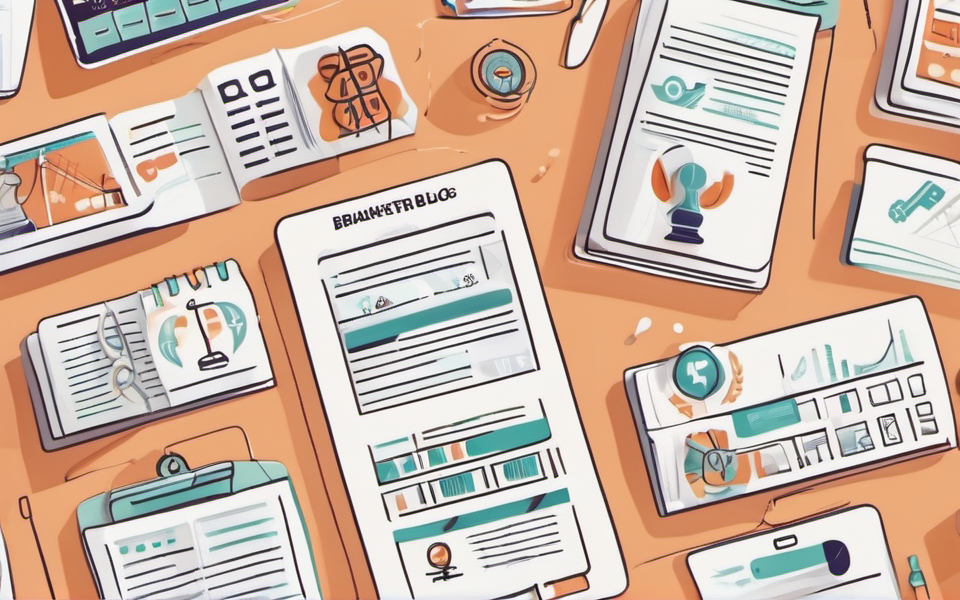Imagine a world where your doctor can monitor your health from anywhere in the world, using cutting-edge artificial intelligence (AI) to diagnose diseases before you even know you’re sick. Imagine personalized treatments based on your unique DNA, delivered through telehealth appointments from the comfort of your home. This future of healthcare is no longer a dream – it’s already here. But with this incredible progress comes a complex web of regulatory challenges and evolving market trends that require careful navigation.
Navigating the Complex Landscape of Healthcare Regulation
The healthcare industry is a highly regulated space, and for good reason. Patient safety, data privacy, and cost containment are paramount concerns, leading to a complex tapestry of regulations that vary across countries and even within different regions. The Food and Drug Administration (FDA) in the United States, for instance, plays a critical role in approving medical devices and pharmaceuticals before they can be marketed.
Digital Transformation and Data Security:
As AI and machine learning (ML) become increasingly central to medical diagnostics, data privacy and security become paramount. Regulations like the Health Insurance Portability and Accountability Act (HIPAA) and the General Data Protection Regulation (GDPR) define how healthcare organizations handle patient data. Failure to comply with these regulations can result in hefty fines and serious legal repercussions.
The Challenges of Big Data in Healthcare:
- The sheer volume and sensitivity of healthcare data present a formidable challenge for security.
- Striking a balance between data innovation and patient privacy is an ongoing struggle for many healthcare providers.
Transparency and interoperability are also crucial. Regulations encourage sharing patient data safely between different healthcare providers to enhance the quality of care. Interoperability standards, such as FHIR, are crucial for streamlining data exchange.
Understanding Market Trends Shaping the Healthcare Landscape
Alongside regulatory challenges, healthcare is undergoing a massive transformation, driven by dynamic market trends:
The Rise of Telehealth:
- The COVID-19 pandemic accelerated the adoption of telemedicine, a phenomenon that is expected to continue its upward trajectory.
- The convenience, affordability, and accessibility of virtual healthcare are undeniable, attracting both patients and healthcare providers alike.
The Impact of Telehealth:
- Telemedicine allows individuals to access healthcare from remote areas, broadening access for underserved communities.
- It also reduces travel costs and waits, making healthcare more accessible to those with busy schedules.
Personalized Medicine:
- The rapid advancements in genetics and genomics are transforming how healthcare is delivered.
- Precision medicine focuses on tailoring treatments to the individual’s genetic makeup, leading to more effective and personalized therapies.
The Potential of Personalized Medicine:
- Personalized medicine promises a future where disease prevention is customized to the individual, based on their genetic risk factors.
- It also offers the potential to significantly improve treatment outcomes by identifying patients who are likely to respond to specific therapies.
AI’s Growing Role in Healthcare:
- AI is making a profound impact across healthcare*, from drug discovery to *medical imaging* analysis and disease diagnosis.
- Machine learning algorithms are proving to be remarkably effective in identifying patterns and anomalies that are difficult for the human eye to detect.
The Benefits of AI in Healthcare:
- AI can augment the work of physicians, improving efficiency and freeing up time for complex patient interactions.
- AI-powered tools can help in disease prevention by identifying high-risk individuals and recommending early interventions.
Adapting to a Future of Innovation and Transformation
The future of healthcare will be defined by a constant state of flux. This requires a dynamic and adaptable approach from all stakeholders, including healthcare providers, regulators, and technology developers.
Key Takeaways:
- Understanding and adapting to the ever-evolving regulatory landscape is critical for navigating the future of healthcare.
- The convergence of telehealth, personalized medicine, and AI presents incredible opportunities for enhancing healthcare delivery.
- Balancing data privacy with data innovation is a constant challenge that demands thoughtful solutions.
- As healthcare continues its transformation, a focus on collaboration and open communication will be essential.




